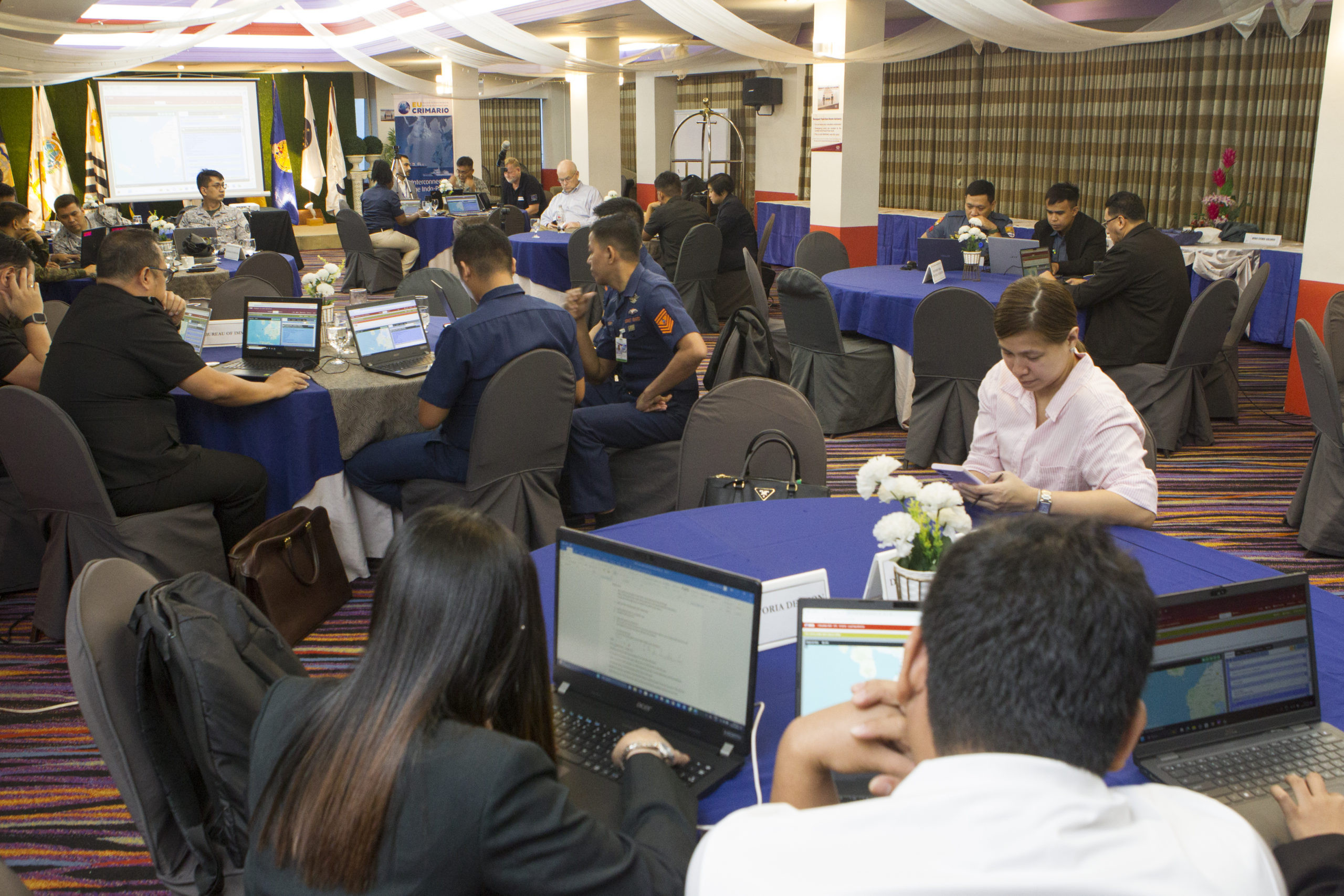Unprecedented Agency Coordination: Navigating the 2025 Sanctions Enforcement Landscape
The recent New York Forum on Economic Sanctions brought together government officials and industry experts to discuss enforcement trends in 2024 and speculate on the year ahead. A prevailing consensus emerged: sanctions and export controls will remain powerful enforcement tools, and the enhanced inter-agency coordination witnessed in recent years is here to stay.
Increased Inter-Agency Coordination: A New Era of Enforcement
The level of collaboration between agencies like the Justice Department’s National Security Division (NSD), the Commerce Department’s Bureau of Industry and Security (BIS), and the Treasury Department’s Office of Foreign Asset Control (OFAC) is unprecedented. Dan Clutch, Deputy Director of the Office of Export Enforcement at BIS, summarized the sentiment perfectly: in his 24 years of government service, he's never seen such coordination. This heightened collaboration, initiated after Russia's invasion of Ukraine in 2022, involves joint task forces and increased information sharing. This isn't a temporary measure; it's become a highly effective system.
The Fruits of Collaboration
The results of this collaboration are striking. BIS Assistant Secretary Matthew Axelrod revealed that his team reviewed over 1,200 Suspicious Activity Reports from Treasury’s Financial Crimes Enforcement Network in the past year, acting on more than 150. He also reported a 50 percent increase in charged cases due to the Disruptive Technology Strike Force—a joint effort involving DOJ, Commerce, the FBI, and HSI. The increased collaboration has also led to joint resolutions, like the one brought by OFAC and BIS against Microsoft for sanctions and export control violations. This level of partnership is not just theoretical; it has directly led to more efficient enforcement.
Voluntary Self-Disclosures (VSDs): A Path to Mitigation
Another key aspect of this heightened cooperation is the sharing of information from voluntary self-disclosures (VSDs). Regulators regularly share VSDs, meaning companies should assume that information shared with one agency is accessible to all. Critically, however, companies only receive credit from the agencies to which they directly submit a VSD. Therefore, businesses should submit VSDs to all potentially relevant agencies.
Navigating BIS's Evolving VSD Program
BIS has introduced significant changes to its VSD program. Now, failing to self-report known misconduct is considered an aggravating factor, while providing credible tips on competitor misconduct earns “credit in the bank.” These updates have incentivized more substantial VSDs and increased actionable industry tips, creating a more proactive and cooperative environment between the regulatory bodies and the businesses they oversee. This signals a new era of compliance and transparency.
National Security and Key Technologies: A Pivotal Moment
The focus on key and emerging technologies is paramount. Panelists emphasized the critical national security implications of foreign adversaries attempting to access these technologies. This underscores the urgency and the gravity of the situation. The government is acutely aware of the potential ramifications of this access.
DOJ's Disruptive Technology Strike Force: A Case Study
DOJ highlighted the success of the Disruptive Technology Strike Force in combating transshipment networks that illegally move microelectronics overseas. Successful actions include resolutions and indictments against individuals and companies involved in shipping goods to sanctioned entities and aiding Russia's nuclear program. This action shows a clear indication of the government's commitment to protecting its technological assets.
The Evolution of Sanctions Enforcement: Expanding the Net
The enforcement approach is evolving beyond targeting the primary actors—oligarchs and arms dealers—to encompass their facilitators: transhippers, lawyers, bankers, and corporate service providers. This strategic shift aims to dismantle the entire network supporting illicit activities. The breadth of the enforcement is expanding to include the entire ecosystem that supports these individuals.
The Rise of Crypto in Sanctions Enforcement
While initial investigations focused on traditional assets, the use of cryptocurrencies is gaining traction. Foreign entities attempting to acquire US technology are increasingly turning to USD-pegged stablecoins to circumvent US regulators. This evolving landscape requires regulators to adapt their strategies and leverage expertise in cryptocurrency enforcement, such as that offered by the National Cryptocurrency Enforcement Team.
Looking Ahead: A Time for Proactive Compliance
While the incoming administration may bring changes, the focus on national security and robust enforcement is likely to persist. Companies should proactively strengthen their due diligence and compliance programs. This includes scrutinizing shipping and payment networks to maintain visibility into the ultimate end-users of their products and services. The existing robust framework of corporate enforcement developed during the previous administration is poised to remain in effect.
Companies must remain vigilant and adapt to the changing regulatory landscape. Proactive compliance, including thorough due diligence and transparent reporting, is crucial for navigating this complex environment and mitigating potential risks. This proactive approach is essential for maintaining compliance and reducing exposure to potential risks. The ongoing evolution of enforcement strategies underscores the importance of continuous monitoring of regulatory developments and the adaptation of compliance programs to align with these changes.
The future of sanctions enforcement promises to be dynamic and complex, demanding consistent adaptation and proactive compliance from businesses operating in the global marketplace. Successfully navigating this landscape will depend on continuous learning and adaptation to the ever-evolving strategies and priorities of regulatory bodies, such as OFAC and BIS.

















